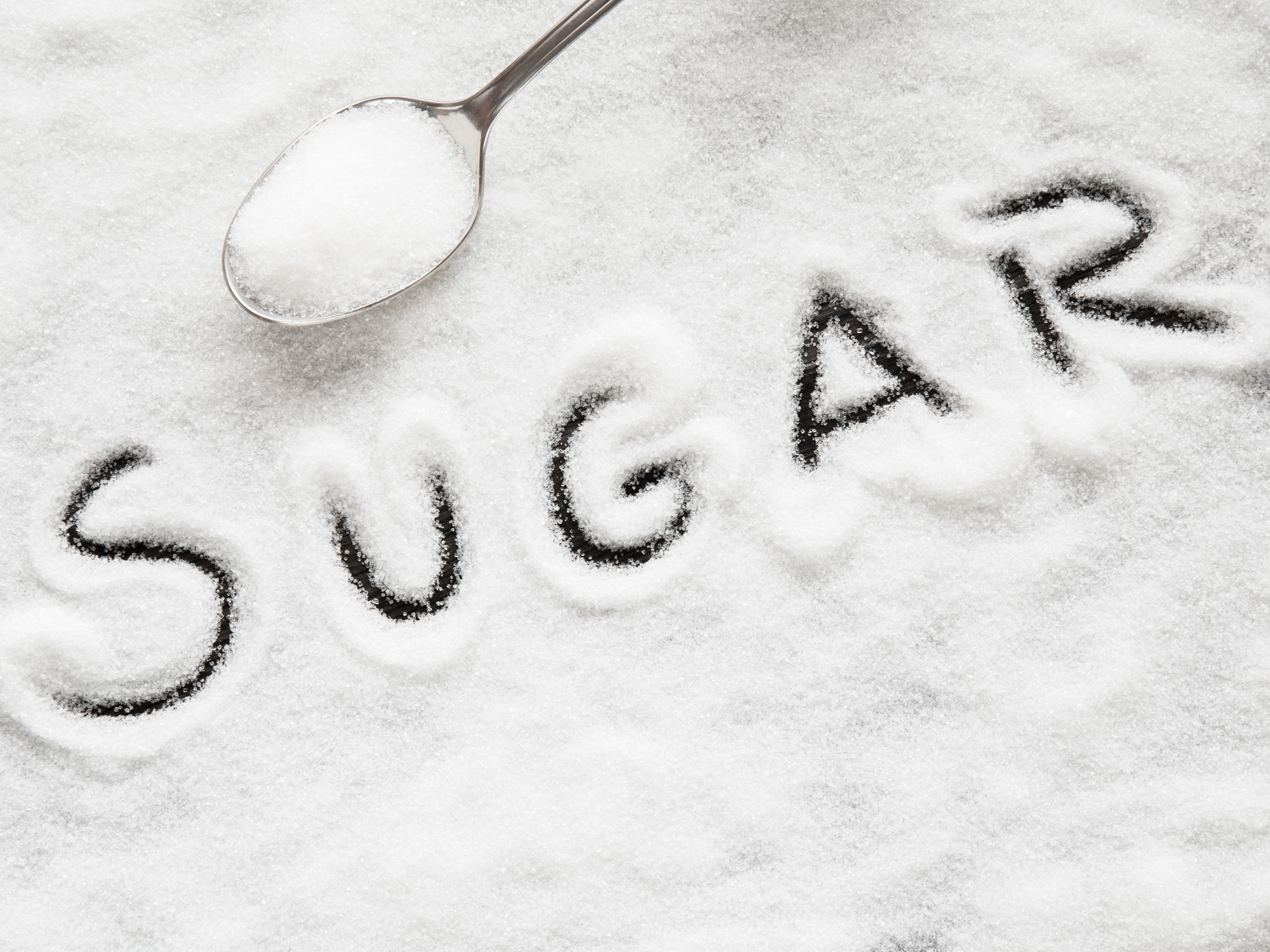Get Easy Health Digest™ in your inbox and don’t miss a thing when you subscribe today. Plus, get the free bonus report, Mother Nature’s Tips, Tricks and Remedies for Cholesterol, Blood Pressure & Blood Sugar as my way of saying welcome to the community!
Your guide to the best sugar substitutes

Sugar, sugar, sugar…
Seems every which way you turn there’s another report on how bad sugar is for your health.
Although the message gets boring, it’s a lifesaver…
Many studies show that excessive sugar intake is associated with higher risk of obesity, diabetes, cancer and heart disease among other things.
You may be well aware of this, but that probably doesn’t stop you from wanting to satisfy your sweet tooth. And let’s face it — we all have a sweet tooth, some of us more than others.
Thankfully, there are a variety of sugar substitutes available — some of which support good health, while others have quite the opposite effect…
Artificial sweeteners
As you walk through the supermarket, you’ll see hundreds, if not thousands of “sugar-free” and “diet” options lining the shelves. The majority of these will contain artificial sweeteners.
Some widely-used artificial sweeteners are:
- Saccharin (Brands: Sweet’N Low, Sugar Twin, Necta Sweet)
- Aspartame (Brands: Equal, NutraSweet, Natra Taste)
- Acesulfame-K (Brands: Sunette, Sweet One, Swiss Sweet)
- Sucralose (Brands: Splenda)
Artificial sweeteners have been promoted as beneficial for those with obesity and type 2 diabetes, but this isn’t the case.
Even though they score zero on the glycemic index and provide zero calories and carbs, studies show they increase weight gain and promote type 2 diabetes and cardiovascular disease risk. That’s right, I said increase — not decrease — as one would expect.
Out of all the artificial sweeteners, sucralose has the least amount of side effects. Though, unfortunately, it has been shown to negatively affect gut bacteria and this in itself may have various metabolic consequences.
Conclusion: Steer clear of artificial sweeteners as they cause negative health effects.
Sugar alcohols
Sugar alcohols are neither sugars nor alcohols but are categorized as such due to their unique chemical structure, which is known to stimulate the sweet taste bud receptors.
Sugar alcohols include:
- Erythritol (Updated March 2023: Because many stevia (and monkfruit) products contain erythritol for bulk, please read about the connection between erythritol and cardiovascular concerns. If using stevia, look for 100% pure stevia containing no fillers.)
- Xylitol
- Sorbitol
- Mannitol
- Lactitol
- Maltitol
Sugar alcohols claim to be ‘natural’ because they are naturally occurring in some foods. For mass production purposes however, the ‘tols’ are produced via fermentation of things like wheat and corncobs. After fermentation the solution gets purified, may be chemically treated and then is crystallized to form the various sweeteners.
Sugar alcohols are not zero calories but generally contain around 40-80 percent fewer calories than sugar and 75 percent less carbohydrates than many other sweeteners.
While the evidence behind the ‘tols’ is not so harsh as for artificial sweeteners, there are still things to consider…
Firstly, be aware that the ‘tols’ can raise blood sugar, which is especially important for diabetics. Secondly, they have been shown to disrupt food cues, leading to increased consumption of food in some people. Thirdly, they are known to cause gastrointestinal upsets in some people. And lastly, these are still highly processed substitutes.
- Calories: 0.2 to 2.6 calories per gram
- Carbs: zero
- GI: range 1- 13
Conclusion: Some sugar alcohols are a better option than artificial sweeteners. Since some products now use the ‘tols,’ these should be your preferred option when having to choose between the two.
Sources:
-
Shanker, et al. Non-nutritive sweeteners: Review and update. Nutrition. 2013;29:1293–1299.
-
Baird, et al. Repeated Dose Study of Sucralose Tolerance in Human Subjects. Food and Chemical Toxicology. 2000;38(Suppl. 2):S123-S129.
-
Moon HJ, et al. Biotechnological production of erythritol and its applications. Appl Microbiol Biotechnol. 2010;86:1017–1025.
-
Anton SD, et al. Effects of stevia, aspartame, and sucrose on food intake, satiety, and postprandial glucose and insulin levels. Appetite. 2012;55:37–43.
-
Glycemic index for sweeteners. Retrieved March 7, 2017, from http://www.sugar-and-sweetener-guide.com/glycemic-index-for-sweeteners.html
-
Sugar alcohols fact sheet. Retrieved from http://www.foodinsight.org/articles/sugar-alcohols-fact-sheet
-
Monk fruit: Nature’s best sweetener? – Dr. Axe (2016, January 12). Retrieved March 7, 2017, from Immune System, https://draxe.com/monk-fruit/












